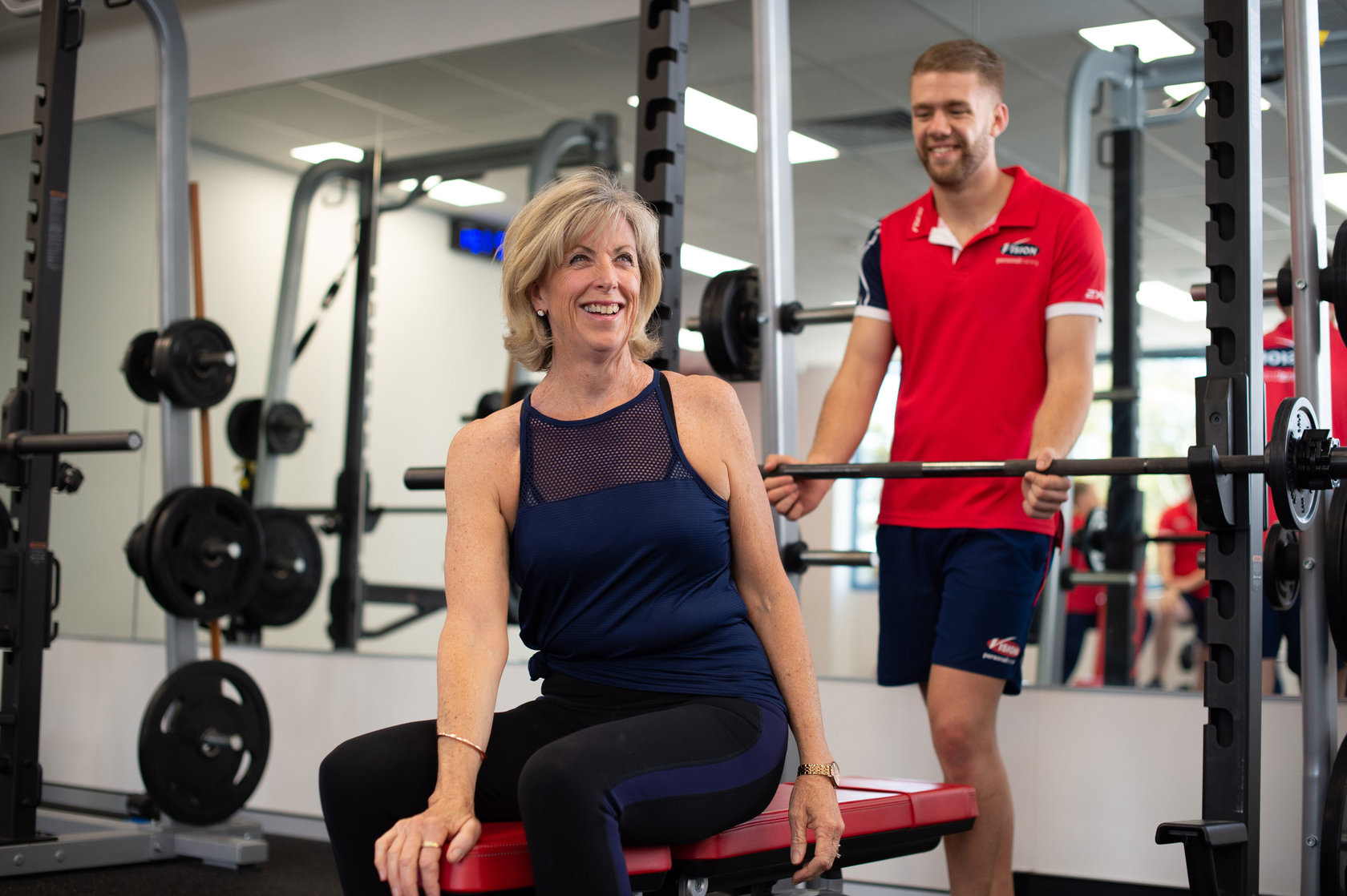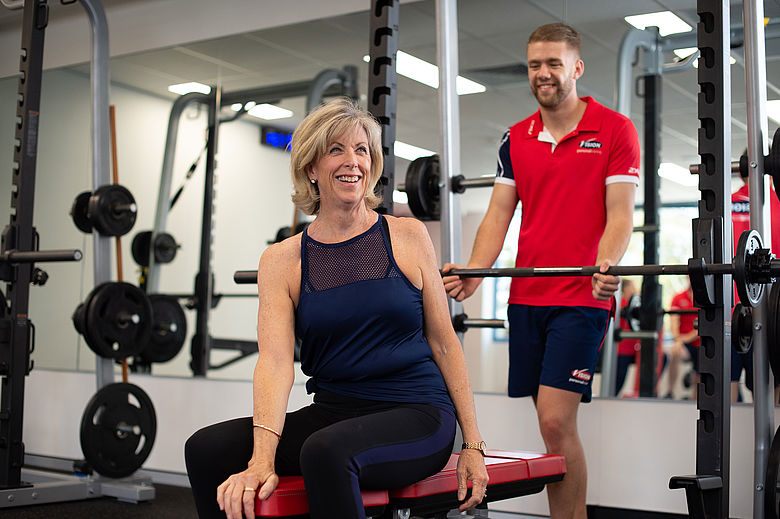Easter is usually a time filled with wonderful family feasts, alcohol, nibblies and snacks and Easter egg hunts! Here we will share some tips on how to make your way through the long weekend kicking goals, feeling energised and ready for the week ahead.
1. Build a calorie bank
Try to exercise in the days leading up to Easter (a little more or at a higher intensity if you already are) and then throughout the long weekend. We want to try and counterbalance the extra calories you may be consuming. Try for some early morning walks, group training sessions, high intensity plyometric or sprints, or evening walks.
2. Stock your fridge
Ensure you have lots of healthy nutritious foods ready to go in your fridge. Some go to snacks and perhaps some foods or meals already cooked and prepared. Make sure that your guests take the remaining food home with them so you're not left picking on the extras. If you have sweet cravings try and find some healthier alternatives such as dark chocolate, protein bar, sugar free drinking chocolate, yoghurt and fruit, jelly etc.
3. Keep chocolate for dessert
Eating Easter Eggs on an empty stomach will spike your blood sugar levels and leave you feeling hungry and on an energy roller coaster for the day. Make sure you eat your eggs after a nice healthy high protein and fibre meal. If you leave the eggs to night it might limit your desire to eat everything else insight and you can't 'ruin' your day as it's now bed time, and tomorrow is a new day!
4. Give in to your Cravings and Monitor your Food
Studies show that those who resist their cravings, are only more likely to overindulge at a later time. So have your treat, enjoy it, be mindful and feel satisfied. Track your food over the long weekend to keep you mindful of the extra foods and snacks you may be consuming. Remember, those who keep food records are twice as likely to lose weight than those who don't.
5. Plan some low carbohydrate days
Try eating lots of protein including chicken, turkey, fish, steak, eggs etc., healthy fats such as avocado, salmon, nuts and oils, vegetables and salad for two days during the break. If you are suffering from cravings on this day, stick to fruit.
6. Stay hydrated
Dehydration even only slightly can make you hungrier, moody, tired and lethargic. A lot of us are dehydrated and don't even know it. Your body will find it extremely hard to lose weight if you aren't drinking enough water, it will store the carbohydrates you eat to extract water for your body. So try and keep your water up to 2.5L or more (if you can) particularly if your Easter is very social.
7. Plan your week ahead
Set your weekly goals for the week ahead. Create clear intentions for your cardio, exercise and nutrition goals as well as work, down time and personal development. Perhaps factor in a couple of extra sessions, maybe one less meal out that week, two walks along the beach etc. You're more likely to finish strong if you start the week knowing how you want to finish. Every time you cross something off the list you're giving yourself a Dopamine hit, the feel-good chemical!
*Disclaimer: Individual results vary based on agreed goals. Click here for details.

